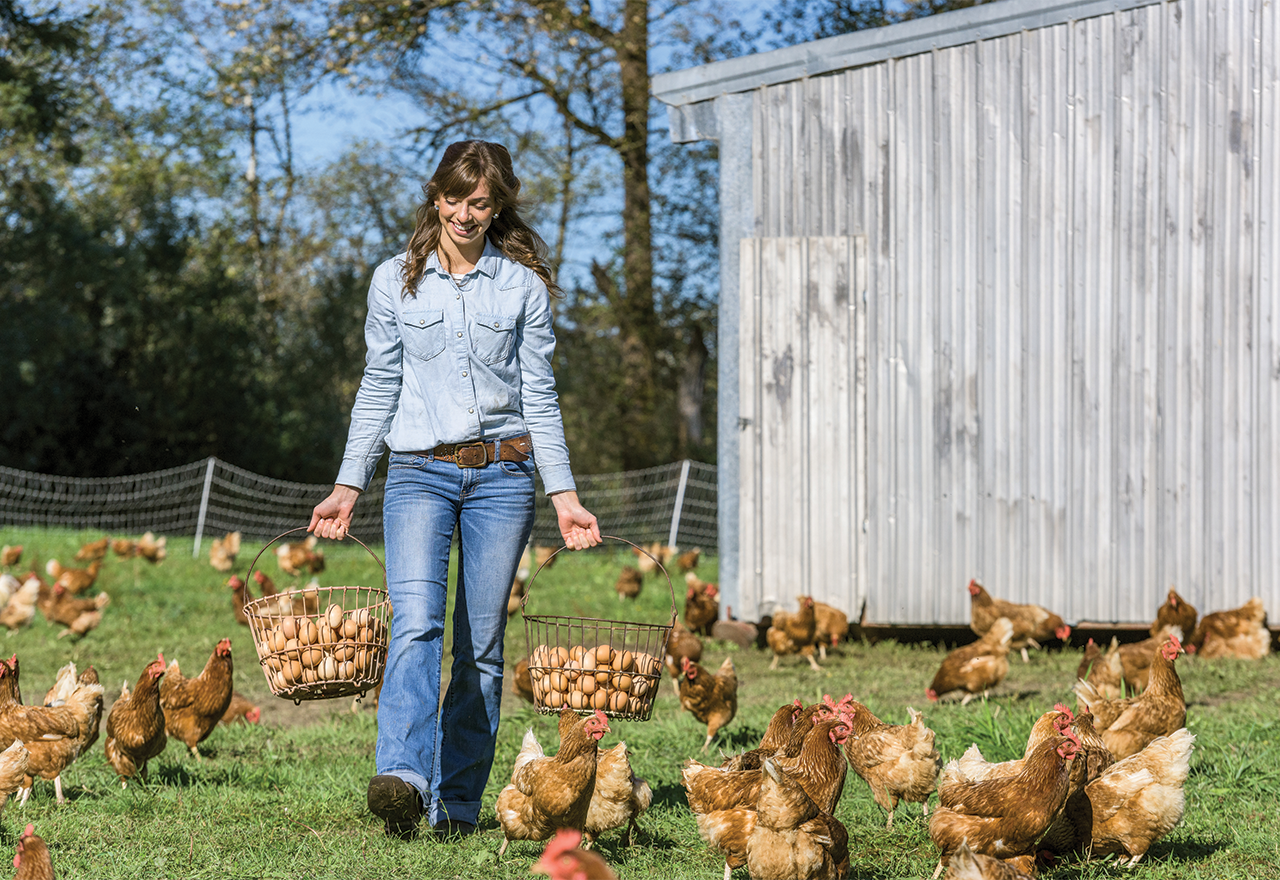This article was originally published in the winter issue of The Cultivator, Cornucopia’s quarterly newsletter. Donate today, and we’ll mail you the next issue, filled with stories you won’t find anywhere else.
By Kestrel Burcham
Attacks on the label are surging, filling your dinner time discussions, newsfeeds, and publications with misinformation. Industry is the hidden voice behind these campaigns, which rely on “research” that is manipulated by the chemical companies that fund it. Why? Because your appreciation for authentic organic farming threatens industrial agriculture’s bottom line.
Here are some fact-based talking points to help you speak back to anti-organic propaganda:
MYTH: Organic food is a scam because pesticides are still allowed. The facts: Pesticides must be rigorously reviewed to be allowed in organic production. And they are re-reviewed every five years. That review process addresses toxicity, environmental and human health concerns, and impacts on soil health, among other considerations. Very few substances get the green light. Yet anti-organic propaganda never acknowledges the hundreds of pesticides that are used in conventional agriculture, many of which are linked to serious human health and environmental concerns. That includes glyphosate and dicamba. Despite what people may be telling you, they are not allowed in organic.
MYTH: Organic food isn’t “healthier.” Studies funded by Big Food show similar macronutrients (e.g., protein and fat) in organic and conventional foods. However, on average, organic foods are higher in certain micronutrients, including polyphenols and antioxidants. And we are only beginning to understand how soil health impacts the nutrient density of our food. An important piece often missing from this discussion is that a diet in organic foods significantly lowers exposure to pesticide residues, including commonly used chemicals that have been identified as endocrine disruptors. Where are the Big Food studies showing that conventional agriculture causes innumerable threats to human health? You won’t find any. Apparently, air and water pollution, exposure to antibiotic-resistant bacteria, and fragile food infrastructures aren’t relevant to our health.
MYTH: Organic production is worse for the environment. This argument is easy to puncture: Studies pointing to the inefficiency of organic food are outdated and disproven. The credible research on organic systems shows benefits to soil health and ecosystem services that positively impact climate health and resilience over time.
MYTH: Organic production can’t feed the world. Naysayers in your circles have no valid evidence to support this claim. That’s because research from Rodale Institute and other institutions shows that established organic production systems produce yields on par with conventional. And organic systems consistently perform better in extreme weather, such as flood and drought. Here’s the truth: Organic production can produce plenty of food and is increasingly necessary to keep the food system secure.
Read the latest research on the benefits of organic food and farming


